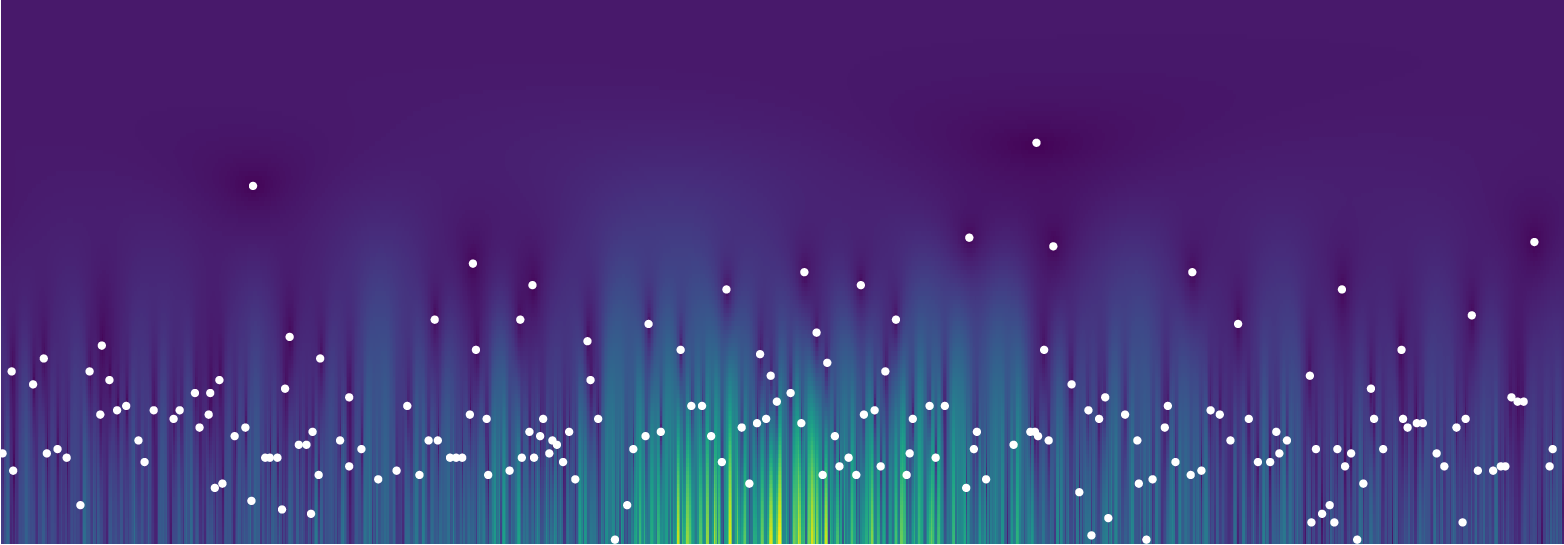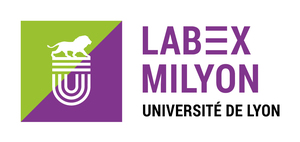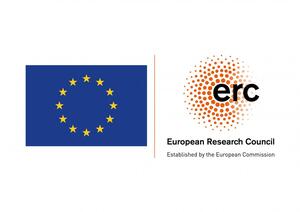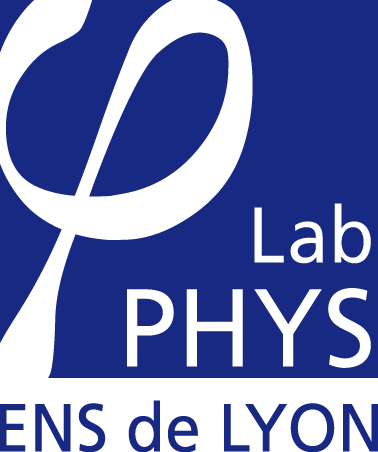
Since their introduction by Odile Macchi in 1975 to model the spatial distribution of fermions and bosons in optical beams, determinantal and permanental point processes have received a lot of attention due to their connections with random matrices, statistical physics and more recently signal processing and machine learning, where the repulsive properties of DPP allow for instance to improve the efficiency of Monte Carlo methods. Quantum physics and signal processing are also deeply related through time-frequency analysis, which provides tools to understand complex optical systems.
The purpose of the workshop was to bring together physicists, mathematicians and specialists of signal processing interested in these topics, and to establish a modern dictionary allowing for cross-fertilization between the different disciplines. It was the continuation of a previous workshop held in Lille in 2019.
The event was held over two weeks, the first being devoted to introductory mini-courses, and the second to research talks. It was part of the semester "PhysMathLyon".
Mini-courses (see the scientific program for descriptions) :
- Mylène Maïda : Introduction to determinantal point processes
- Benjamin Roussel : Introduction to quantum optics of fermions and bosons
- Patrick Flandrin : Seven roads to time-frequency
- Mattia Walschaers : Quantum computational advantages with light
- Subhro Ghosh : Zeroes of Gaussian analytic functions
- Günther Koliander : Point processes in time-frequency analysis
- Gaultier Lambert : Universality for free fermions
- Satya Majumdar : Noninteracting trapped fermions as a DPP: application to cold atoms
Research talks (see the scientific program for titles and abstracts) :
- Luis Daniel Abreu
- Mathias Albert
- Alexander Bufetov
- Subhro Ghosh
- Antti Haimi
- Adrien Kassel
- Meixia Lin
- Barbara Pascal
- Leonid Pastur
- Arnaud Poinas
- José Luis Romero
- Simona Rota-Nodari
- Nicolas Rougerie
- Christophe Salomon
- Jean-Marie Stéphan
- Nicolas Tremblay
Organizing committee : Rémi Bardenet, Jérémie Bouttier, Pascal Degiovanni, Patrick Flandrin, Adrien Hardy, Mylène Maïda, Grégory Schehr.
Support : LABEX MILYON, ERC BlackJack, ANR Dimers, ANR QuSig4QuSense, Laboratoire de Physique, Institut de Physique Théorique.





